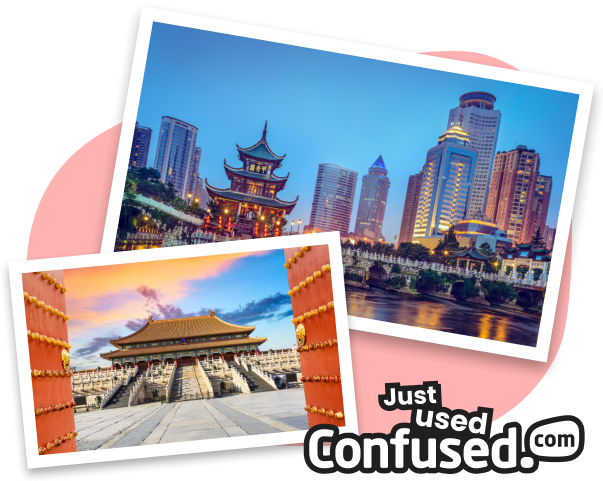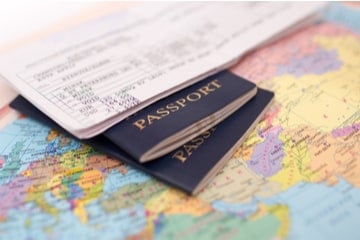"As a British traveller heading to China, it's essential to be prepared for the unexpected. Medical care in China can be expensive and set you back thousands of pounds. But, travel insurance can protect you from high costs should you need treatment."
- Flight cancellations. If your flight is cancelled due to strikes, mechanical issues, or bad weather.
- Medical treatment. If you need emergency medical treatment.
- Repatriation. If you need to be returned home to the United Kingdom to receive emergency medical treatment.
- Damage, theft, or accidental loss. If your luggage gets damaged, stolen, or accidentally lost. Most policies also include personal possessions.
- Cancellation and curtailment. If you're no longer able to go on your holiday and need to cancel. Or, if you need to cancel your trip and come home while you're already on it. For example, because you're taken ill.








